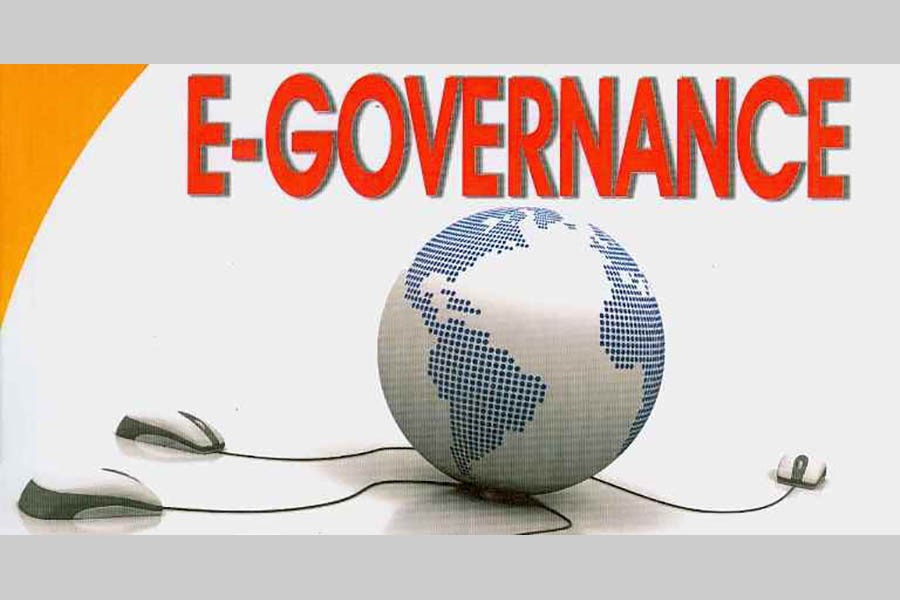It is heartening to note that Bangladesh has improved its ranking by nine steps -- from 124th to 115th -- in the United Nations E-Government Survey 2018. The country also ranked top amongst the least developed countries. Side by side, the survey titled 'Gearing E-Government to Support Transformation towards Sustainable and Resilient Societies' showed Bangladesh's E-Participation standing improving by 33 notches to reach 51st in 2018 from 84th in 2016. But paradoxically, these developments have taken place despite the fact that Bangladesh suffers from an all-pervasive digital divide as well as widespread social exclusion, where a vast segment of the population remains outside the reach of digital services due to various reasons including poverty and illiteracy. Regrettably, Bangladesh also lags behind its smaller neighbours Sri Lanka, the Maldives and Bhutan as well as the bigger one India.
The world is now in the midst of a digital revolution, which is not only about technology but also about the centrality of people and the planet. Digital or e-government has ushered in significant changes in the way people live and interact with each other, their surroundings and the public services. The 2018 UN survey has highlighted the many and complex opportunities for deploying e-government to build resilient societies, and outlined the necessary preconditions, ways and means through which it can carry forward the attainment of sustainable development goals. On Bangladesh, the report comments, "The country is expanding e-government in all possible sectors, including health, agriculture, transportation, education and poverty reduction, to make public services more transparent. It is also enhancing accessibility to mobile and online services to better implement a more digitised society".
The UN survey shows an improving trend in the online services all over the globe. The most commonly used services in this category have been found to be payment for utilities, submission of income tax and registration of businesses. A total of 140 countries now offer online payment for utilities, 139 countries allow online submission of income tax, and 126 offer registration of new businesses. But unfortunately, Bangladesh still lags far behind in the area of the last two mentioned services. Comprehensive online services also could not be fully launched in many other areas like VAT payments, customs procedures and port operations. It appears that apart from government lethargy, vested quarters inside and outside the administration are responsible for this inexcusable delay.
Against this backdrop, quality ICT education from the primary to tertiary levels, building up sufficient ICT infrastructure, orienting the masses towards ICT and e-services should receive top priority. The country needs inclusive e-participation policy, broad-ranging e-services, extensive open-government data portals, more local contents in Bangla, extension of internet access to remote areas, wider e-ticketing for transportation, curbing of digital divide between different social segments, wider use of online transactions between government agencies, businesses and other entities, and a comprehensive strategy for reducing paper works by the government.
In many developing countries like Bangladesh, the public sector is not yet well-prepared for the digital transformation. The government agencies concerned can effectively respond by formulating required policies, rules, regulations and services by shunning delays. In this context, it should be pointed out that the principles of efficiency, effectiveness, inclusivity, accountability, trustworthiness and openness should be the guiding principles for these technologies. The UN survey rightly opines: while e-government began with bringing services online, the future will be about the power of digital government to leverage societal innovation-cum-resilience, and transform governance for achieving the SDGs.


